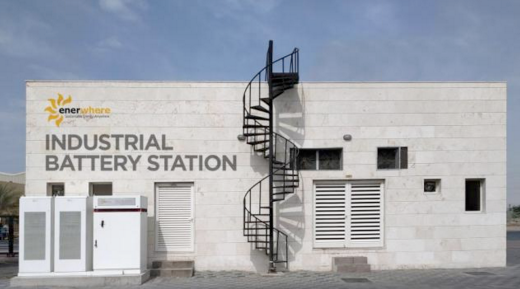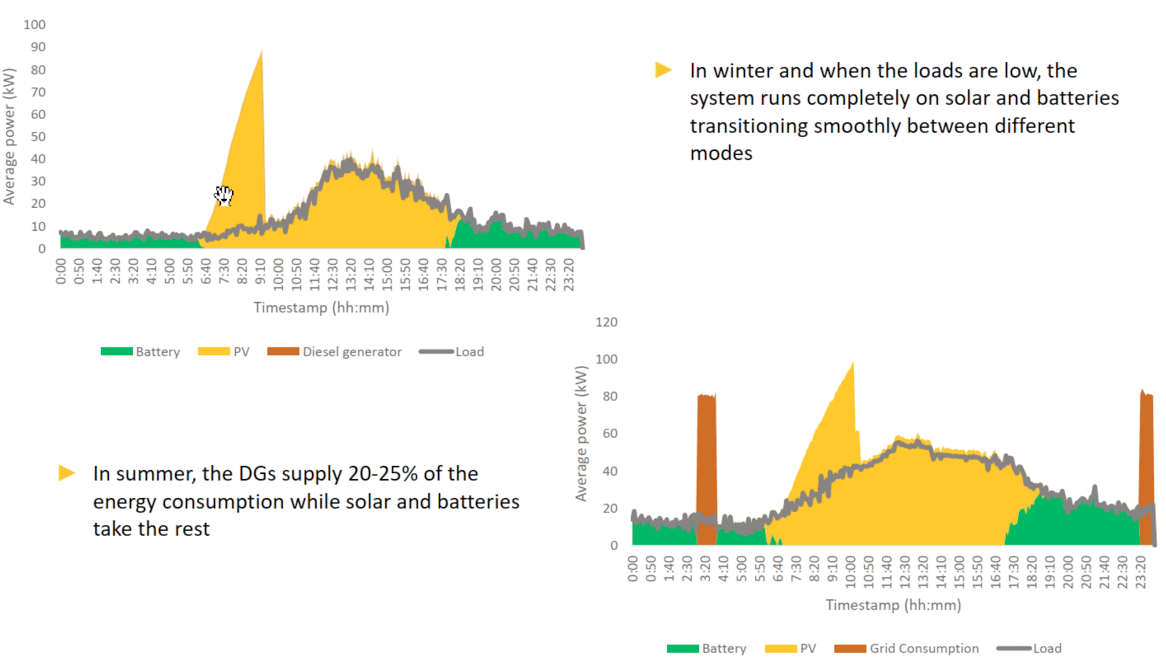
Government representatives from the Kingdom of Jordan in the Middle East have confirmed that tendering for a 30MW / 60MWh energy storage system has been cancelled.
First announced in early February 2018, 23 interested parties had qualified as eligible from a field of 41 companies that submitted bids or plans for the grid-scale standalone battery storage concession within the six months required. The system would have been used to help integrate the output of several large-scale solar PV plants in the vicinity of a substation in Ma’an.
Enjoy 12 months of exclusive analysis
- Regular insight and analysis of the industry’s biggest developments
- In-depth interviews with the industry’s leading figures
- Annual digital subscription to the PV Tech Power journal
- Discounts on Solar Media’s portfolio of events, in-person and virtual
After a January announcement that revealed some of the bidders had included big players in the region such as ACWA Power and Masdar, Energy-Storage.news last week enquired via the Ministry of Energy and Mineral Resources (MEMR) on the status of the tender process. Representatives of the Ministry replied that the government department “decided recently to cancel the project”.
Energy-Storage.news made a follow-up enquiry on the reasons for cancellation and further details and will update this story if the MEMR is able to do so soon.
A webinar on energy storage and its potential in the Middle East North Africa (MENA) region was hosted by the Clean Energy Business Council (CEBC), a trade group headquartered in Dubai’s Masdar City. CEBC chairman Dr Nasser Saidi, whose previous roles include Minister of Economy and Industry of Lebanon and First Vice Governor to Lebanon’s Central Bank, spoke of the important role energy storage has to play in the region’s energy sector, including the transition to higher shares of renewables.
The webinar, and indeed the general tone of market assessments of the region, generally tend to focus on the potential, as deployments have thus far been slow to materialise in large numbers. Speaker Amit Berya, senior manager for commercial technology at developer ACWA Power, explained that there are many applications for energy storage “across the entire electricity value chain” but that for his company the best fit application is integrating renewable energy and in particular in the early stage market dealing with short fluctuations in output from renewables facilities using short durations of storage.
While ACWA Power generally is known for large-scale solar PV projects in the region that have smashed low-cost bid records in tenders, mid-scale commercial and industrial (C&I) battery storage projects are already making economic sense and enabling large shares of renewables, particularly solar, in the MENA region, Dr Imran Syed of developer Enerwhere said in the webinar.
Syed, who is head of industrial power and energy storage, discussed three case studies, including a landfill waste plant in Abu Dhabi which is already 90% solar-powered, thanks to batteries. Syed said that projects such as that and an industrial microgrid in Sharjah, where 200kWh of batteries help firm up unstable loads that are “peaky” and can fluctuate by up to 100kW “in a matter of seconds”, are a foretaste of “what we will see on much larger grids” in future and that the economics are viable, becoming more so as time passes and cost reductions in lithium batteries continue to be made. Enerwhere has “almost completed” a pilot project in Dubai: a 1.21MW / 8.6MWh lithium-ion battery system using Tesla Powerpacks, Syed said.
The headline of this article has been amended from the original which mistakenly referred to Jordan's planned auction as a solar-plus-storage tender.







